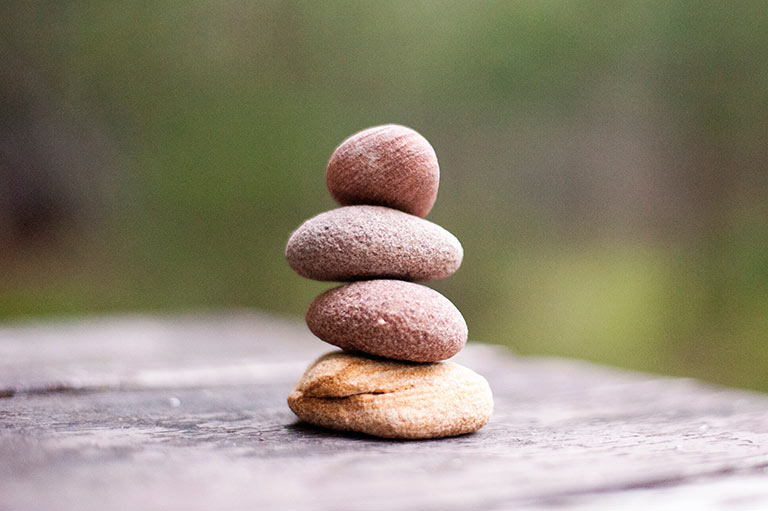In our fast-paced world, anxiety has become an unwelcome companion for many. The constant hustle, information overload, and life’s demands can leave us feeling overwhelmed. Meditation offers a serene refuge—a mental oasis where you can find solace and regain balance. In this blog post, we’ll explore how meditation can alleviate anxiety, delve into various meditation techniques, and seamlessly integrate this practice into your daily routine.
The Power of Meditation for Anxiety
Anxiety affects millions worldwide, yet more than 60% of those suffering don’t seek treatment. Meditation, however, provides a natural remedy. Research reveals that consistent meditation can:
Reduce Stress: By calming the mind, meditation lowers cortisol levels and soothes the nervous system.
Enhance Focus: Regular practice sharpens attention, helping you stay centred amidst chaos.
Ease Anxiety Symptoms: Studies suggest that meditation may be as effective as medication for managing long-term anxiety.
Promote Emotional Balance: Strengthened neural pathways foster emotional regulation and resilience.
Types of Meditation Techniques
Mindfulness meditation, rooted in Buddhist traditions, promotes the non-judgmental observation of one's thoughts and sensations. It involves focusing on the breath or a chosen object, engaging in detached awareness. This form of meditation is particularly well-suited for individual practice.
Spiritual meditation is a practice adopted by diverse religions and traditions worldwide. It provides a vast array of techniques that can be customized to resonate with personal spiritual convictions.
Focused meditation involves directing your attention to a single point of reference, such as the rhythm of your breathing or the flicker of a candle flame. This practice is known for its ability to boost concentration and promote a sense of mental clarity.
Movement meditation is a practice that intertwines meditation with gentle physical activities such as walking, Qigong or yoga. This form of meditation helps anchor you in the present moment, promoting mindfulness and bodily awareness.
Mantra meditation involves the repetition of a specific word or phrase, known as a mantra, to achieve a state of calmness. This practice is designed to focus the mind and foster a sense of inner tranquillity.
Transcendental Meditation™ is a technique characterized by its simplicity and effortlessness. Practitioners are assigned a unique mantra by a certified teacher, which is central to the meditation process.
Progressive relaxation is a technique that involves the sequential tensing and relaxing of muscle groups. It's an effective method for reducing stress and can be practiced anywhere. By methodically working through the body, one can achieve a state of deep relaxation and tranquillity.
Loving-Kindness Meditation is a practice aimed at enhancing compassion towards oneself and others. It strengthens the sense of connection and community, fostering a positive mindset and emotional well-being.
Visualization meditation is a powerful technique that involves the creation of vivid mental images. It serves as an effective tool for calming anxiety, providing a mental escape to a peaceful sanctuary crafted by one's own imagination. This form of meditation can be particularly beneficial for those seeking a method to ease their mind and find peace in times of stress.

Meditation offers a powerful pathway to enhance emotional regulation.
Attentional control is developed during meditation as you learn to direct your attention intentionally. By focusing on the present moment—whether it’s your breath, bodily sensations, or thoughts—you cultivate awareness. This heightened attention allows you to observe emotions without immediate reactivity.
Regular meditation practice sharpens your emotional radar, making you more attuned to subtle shifts in feelings and allowing you to recognise and label emotions accurately. It is not about suppressing emotions—it is about understanding and navigating them skilfully.
Mindfulness meditation helps break the automatic link between emotions and impulsive reactions. When faced with intense feelings, you learn to pause, observe, and choose a skilful response.
Meditation equips you with tools to manage emotions effectively. Techniques like loving-kindness meditation foster compassion, while focused meditation enhances cognitive control.
Neuroimaging studies reveal that meditation alters brain structures and activity. Regions associated with emotional regulation, such as the prefrontal cortex, strengthen through consistent practice.
Incorporating Meditation into Your Daily Routine
Now, how can you weave meditation into your life:
Set Intentions: Understand why you want to meditate—whether it’s stress reduction, focus, or self-awareness.
Start Small: Begin with just a few minutes daily and gradually extend your practice.
Create a Sacred Space: Designate a quiet corner for meditation.
Guided Meditations: Use apps or online resources for structured sessions, such as: Calm, Headspace and Insight Timer.
Combine with Daily Activities: Meditate while waiting for breakfast, during your shower, or even while walking.
Journal: Reflect after each session to reinforce your commitment.
Be Mindful: Infuse mindfulness into everyday tasks, such as drinking a cup of tea, walking through the park etc.
There’s no one-size-fits-all approach. It's important that you find what resonates with you.